You may have heard people say they are cutting out salt, either by choice or from a doctor’s suggestion. It sounds good on the surface, but why would anyone want to do that? After all, we need salt to function, and it adds more flavor to many foods. But it turns out that too much salt can be detrimental to your health in ways that might surprise you. If you’re thinking of cutting down on sodium (salt), then there are some important things to know, as there are also some possible negative outcomes along with the good stuff.
What Is Considered Safe for Salt Intake?
There is an official dietary guideline for daily intake of salt, and it’s 2,300-milligrams (mg) per day (which is only about 1-teaspoon.) But about 90-percent of Americans are surpassing that limit — and that includes children.
The risks of overconsumption of sodium include high blood pressure, leading to cardiovascular issues such as heart disease and strokes, which combined cause more fatalities in America every year compared to any other cause, explains the source. In fact, the source notes that 1 in 3 adults in the U.S. have high blood pressure, “and only half of them have it under control.”
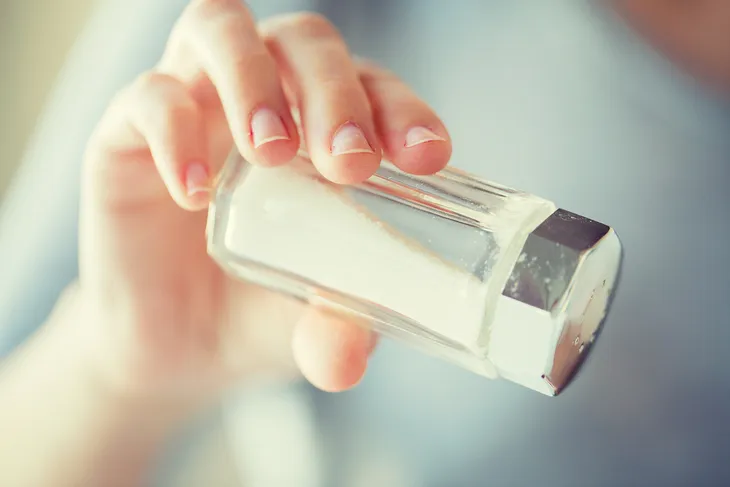
Managing Heart Disease
As Cleveland Clinic points out, sodium regulates fluid balance in the body. More salt in the body means more fluid retention around vital organs such as your heart and lungs, and also in the legs, it adds.
Carrying extra fluid means more work for your heart, making it “work harder” and therefore increasing your blood pressure, notes the clinic. Cutting salt can help you manage symptoms of heart failure, as well as help cut the risk of any future heart issues.

The Vitamin D Connection
WebMD says that the benefits of controlling salt intake extend beyond heart health. It says that newer research has found that high sodium intake may lead to a vitamin D deficiency, which can raise your risk of cardiovascular health issues and even cancer.
This is particularly concerning when you consider that vitamin D comes from exposure to the sun, which can be a tough challenge in some climates, especially during winter. The source points outthat there’s evidence among older women with high blood pressure from salt intake “were found to have lower concentrations of a certain marker of vitamin D than women with normal blood pressure.”
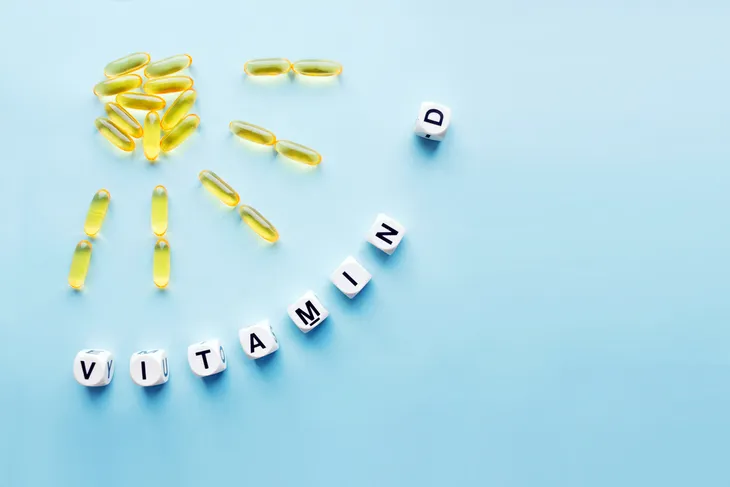
Retaining Adequate Calcium Levels
An article in Science Daily explains that a diet high in sodium could “deplete calcium in the body.” That’s because the body rids itself of calcium when it expels sodium via urination, the source adds. It turns out this can lead to some serious health problems.
For example, the source explains that having high levels of calcium in the urine can lead to kidney stones, while at the same time low levels of calcium in the body can cause other issues such as thin bones and osteoporosis, meaning the bones are more easily prone to breakage.
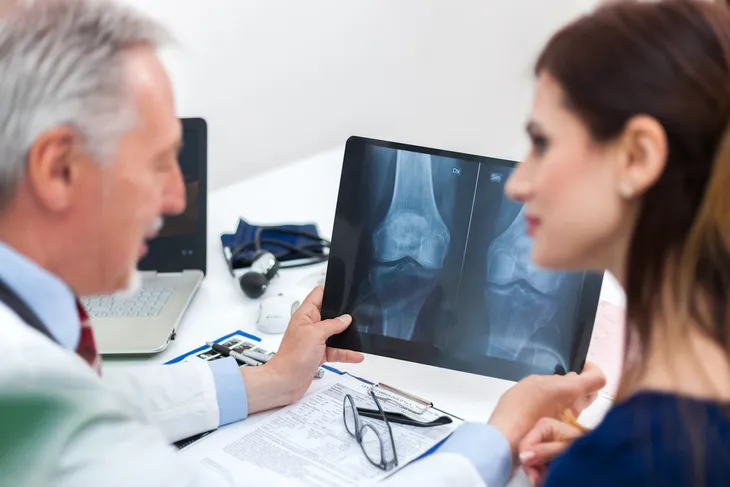
Assisting Your Kidneys
Healthline says if you have compromised kidneys due to chronic kidney disease (CKD) or kidney failure, those organs will not be able to remove excess sodium from your body as per usual. What’s more, is that the increased blood pressure, as a result, can do further damage to your kidneys, the source adds.
The source cites a recommendation from the National Kidney Foundation to cut salt intake to under 2,000-mg daily if you have kidney issues. It backs it up by noting a review of several studies that found people with CKD had “significantly” reduced blood pressure from just a “moderate” cut to sodium intake.
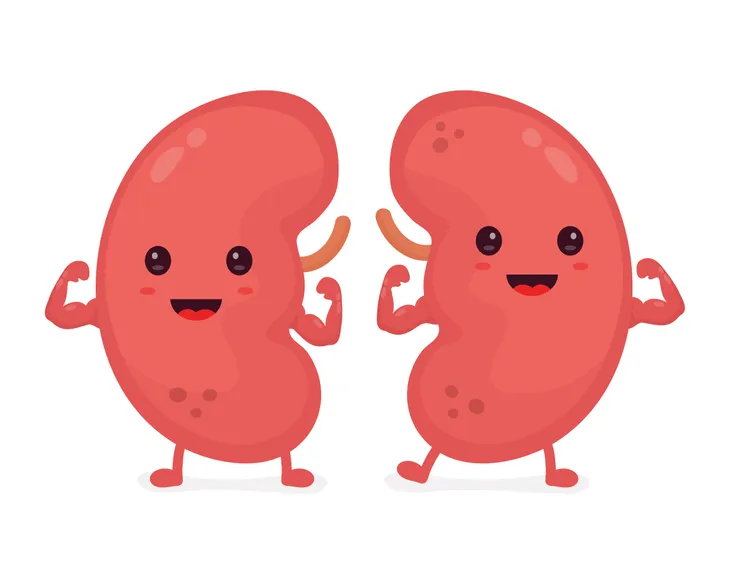
Lowering the Risk of Obesity And Diabetes
Healthline also points out that cutting down your salt intake may improve your overall diet, as “many unhealthy foods are extremely high in sodium.” That includes fast food, pre-packaged items, and frozen meals, noting these items also tend to be high in calories.
It explains that “frequent” consumption of these types of foods can lead to obesity, as well as diabetes and heart disease. If you’re on a low-sodium diet, these types of foods will be off the table, so to speak.
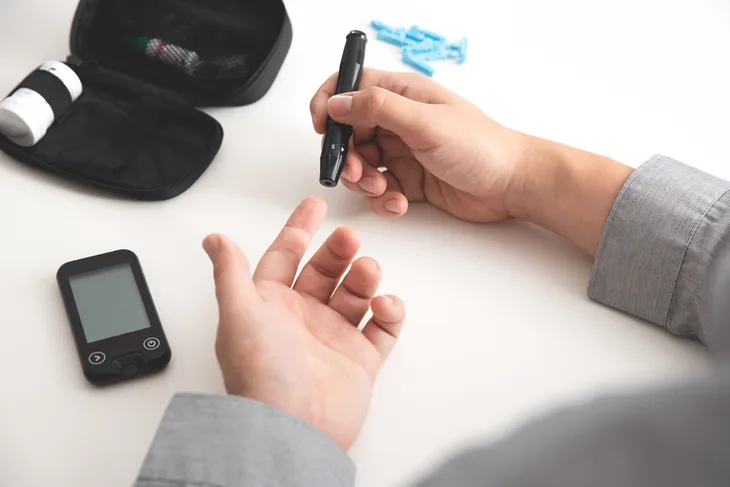
Lowering the Risk of Stomach Cancer
An article from World Cancer Research Fund International talks about how stomach cancer is the third most fatal type among all cancers. However, the same article also discusses the link between salt-cured foods and an increased risk of developing this type of life-threatening disease.
It notes there’s “strong evidence” that certain salt-heavy foods, including meats and vegetables that are preserved using salts, are linked to a higher chance of stomach cancer. The possible reason is that salt can damage the lining of the stomach and cause lesions that can develop into something more serious.
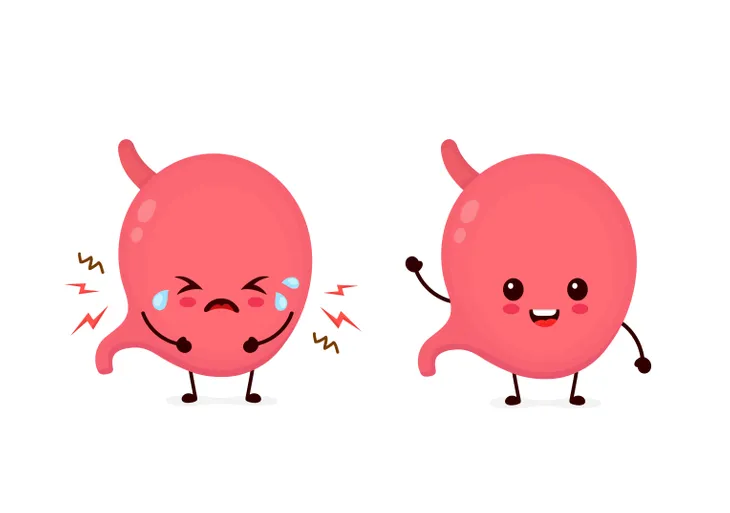
When to Consider Cutting Salt
Healthline says there are a few reasons why a doctor might actually prescribe a low-sodium diet, and notes this approach is “commonly used diets in hospital settings.” The source mentions kidney disease as one reason your doctor will advise you to cut your salt intake, as a struggling kidney won’t be as efficient at clearing sodium from your system.
Other reasons mentioned include high blood pressure, which can be easily determined by a routine checkup at the doctor’s office (although there are possible symptoms to look for). Heart disease/failure is another strong case to order a drop in your sodium consumption, as it can cause shortness of breath (from fluid retention) as a complication. Of course, you could always talk to a doctor or registered dietitian at any time to safely cut salt before any symptoms appear.
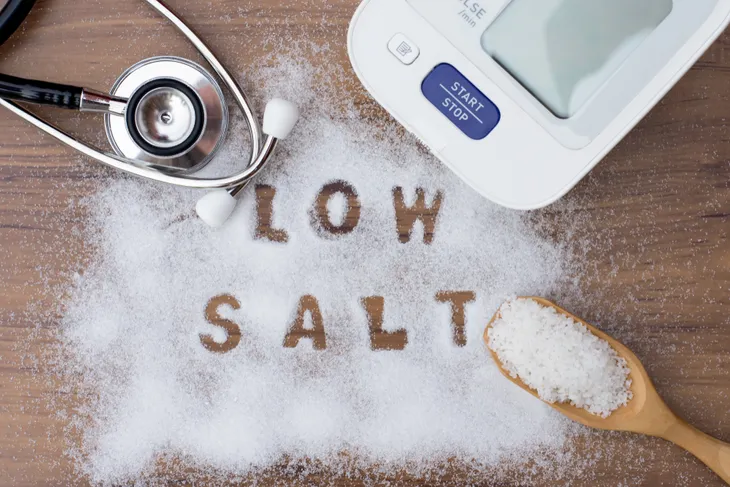
Beware of the Many Sources of Salt
Salt consumption goes beyond how much you add to your meal from the saltshaker. In fact, the Cleveland Clinic says you should lose the dinner table’s salt shaker altogether. It also warns against using garlic salt (garlic powder is a good substitute), MSG, soy sauce, barbecue sauce, and broth mixes, as they all contain sodium.
The source says you should avoid “most” fast foods (do your research to learn sodium content from each fast-food chain), as well as ditching “convenience foods” such as canned soups, canned pasta, as well as frozen dinners. It also warns against eating the “salty six” which includes bread, cold cuts, pizza, poultry (which is often injected with sodium), soup, and sandwiches. Try to avoid adding salt in recipes that call for it, or use an alternative (except recipes that use yeast — keep the salt in those, says the source).
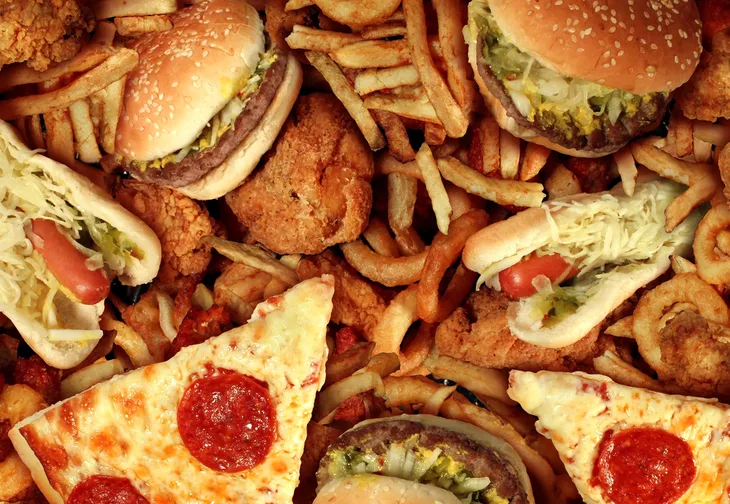
Foods You Should Be Eating
Don’t worry, losing salt from your diet doesn’t mean eating won’t be enjoyable anymore. There are several options listed by Healthline that can satisfy your appetite while delivering good flavor while on a low-sodium diet.
For example, look for fresh or frozen vegetables without added sauces (starchy veggies such as sweet potatoes are good too), as well as fruits including berries, apples, bananas, and pears. Try to add some whole-wheat pasta or brown rice to your diet, while looking for fresh/frozen fish (that isn’t cured in salt). If you need a snack, look for low-sodium/unsalted pretzels, popcorn, or tortilla chips.

Potential Risks of a Low Sodium Diet
We’ve just outlined many reasons why you might want to cut down on your sodium intake. However, Healthline points out there can be some negative aspects of sodium reduction.
In fact, the source says a (somewhat conflicting) study found that restricting sodium to less than 2,500-mg daily “was associated with a significantly higher risk of death or hospitalization” in patients with heart failure. It also says not getting enough sodium can impact heart health.
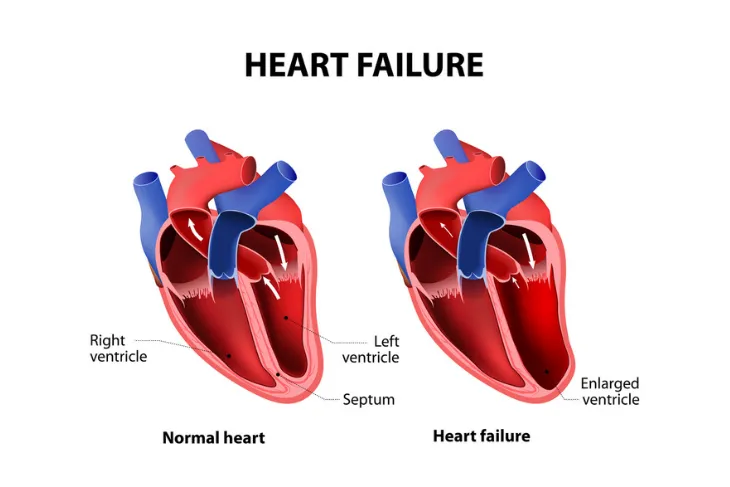
More Potential Risks
Healthline lists some other potential downfalls of cutting sodium. They include increased resistance to the hormone that regulates glucose in the body (a driver of type-2 diabetes and heart disease), as well as a possible spike in LDL (“bad”) cholesterol that is also a heart disease risk.
There’s a higher risk of fatalities among diabetes patients (from heart attacks and strokes) that cut out salt, the source adds. Lastly, you could also develop hyponatremia, which is a medical condition from too little sodium that can mimic dehydration and cause seizures, comas, and can even be fatal in severe cases, the source says.
